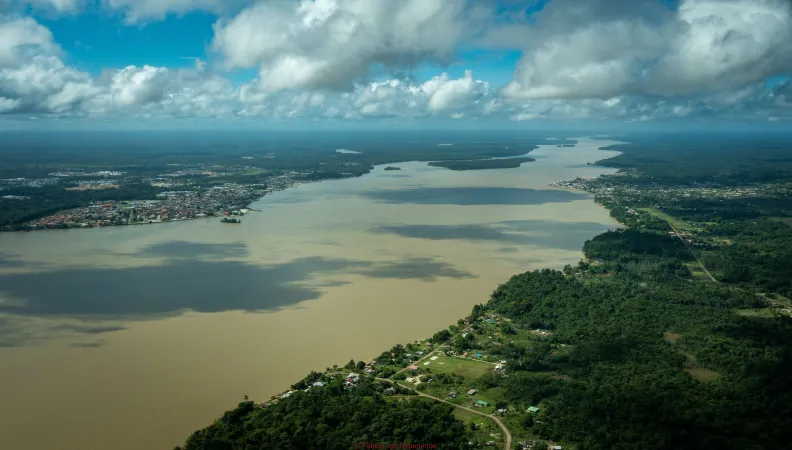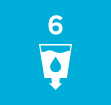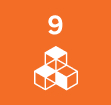Share the page
Supporting the gradual phasing-out of mercury in the Guianas
Project


-
Project start date
-
Status
In progress
-
Estimated date of project termination
-
-
Project financing date
-
-
Financing duration
-
4 YEARS
-
Type of program
-
FFEM
-
Global financing amount
-
€ 3 498 000
-
FFEM financing amount
-
€ 1 037 500
-
Project lead member institution(s)
-
Ministry for Europe and Foreign Affairs
-
Country and region
-
French Guiana
-
Location
-
Guyana, Guyane, Suriname
-
Type of financing
-
Partners
-
ARM, GEF UNDP Surinam, FEM-CI, Universités (IRD et UQAM), WWF
-
Beneficiaries
-
WWF France


Small-scale gold mining is the greatest contributing factor in environmental destruction in the Guianas, and is responsible for 37% of global mercury emissions. To protect humans and the environment against this pollutant, the FFEM is supporting the WWF France project to eliminate mercury from the gold sector in the Guianas/
Context
With almost 90% of forests still intact and harbouring close to 8,000 species, the Guianas play a vital role in the conservation of Amazonian ecosystems. However, despite the destruction caused to the ecosystems and the threats it poses to the health of populations, small-scale gold mining is booming in the three Guianas. This activity contaminates water and soils, harming both biodiversity and the local populations, which depend heavily on forest and aquatic resources. Resulting deforestation also encourages the release of mercury already naturally present in the soil.
To assist in the progressive phasing-out of mercury in the Guianas, the FFEM is supporting a WWF project focusing mainly on providing greater access to mercury-free gold extraction techniques and learning resources for this metal.
Description
The project is structured around three components:
- Strengthening and ensuring the regional coordination of national framework policies for the gold sector, in line with the Minamata Convention on Mercury. Within this framework, the project supports the creation of two national multi-actor platforms, in Surinam and Guyana, together with a regional coordination platform.
- Building a mercury-free gold extraction model combining social acceptability with technical-economic viability, through the creation of a Guianas-origin mercury-free gold certification.
- Creating a Regional Mercury Observatory to pull together at regional scale consistent and up-to-date information, shared via an online tool.
Impacts
- Reduction of exposure to mercury by communities through the promotion of accessible, applicable, replicable and cost-effective mercury-free gold extraction techniques.
- Augmenting national initiatives by implementing the two national coordination platforms and a multi-actor regional platform.
- Collecting and distributing data on mercury pollution to ensure that decision-makers, actors and communities understand the need to limit use of this chemical.
Innovative and exemplary features
This project promotes an innovative regional approach combining the coordination of mercury-related public environmental protection policy and ongoing dialogue with mining communities to disseminate the mercury-free model, with the setting-up of an analytical university network. In addition, mercury-free gold extraction is an innovative process that can be given additional value through certification.
Sustainable Development Goals
ODD6 Clean water and sanitation

ODD9 Industry, innovation and infrastructure



